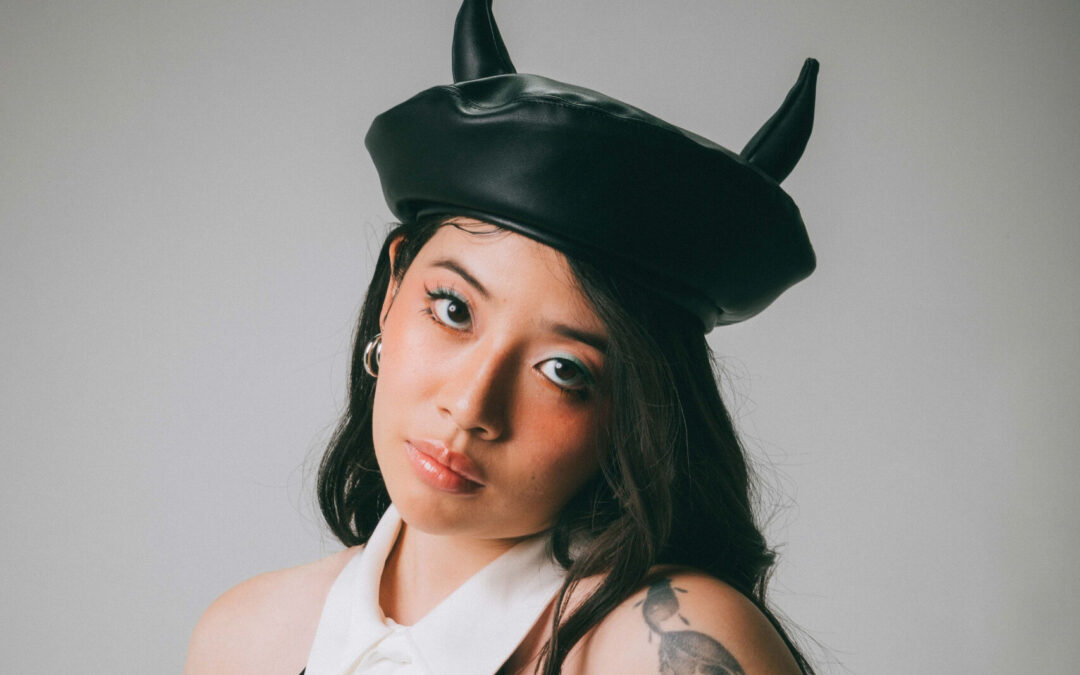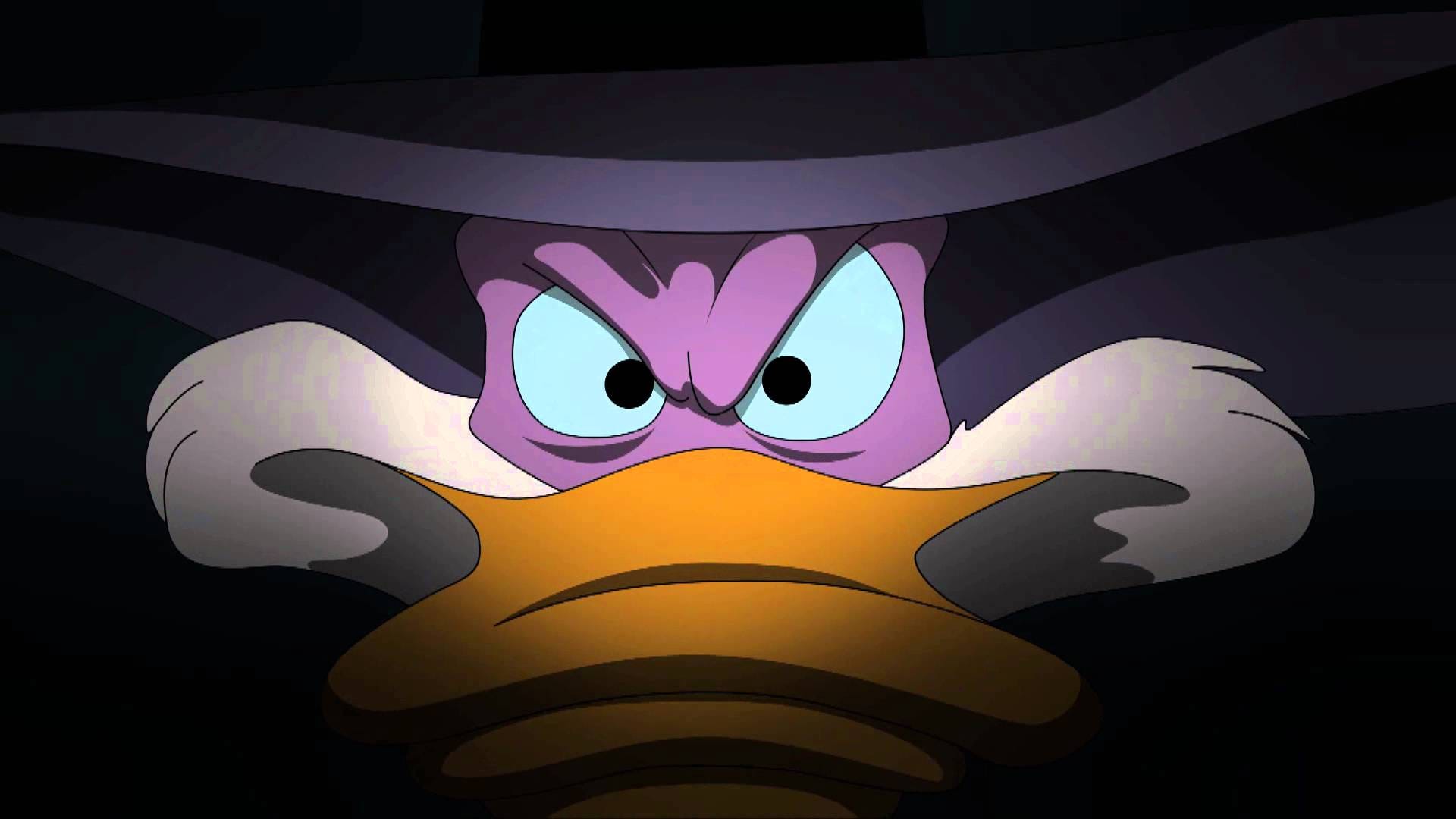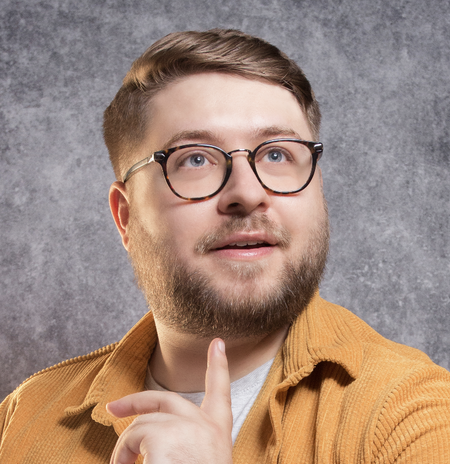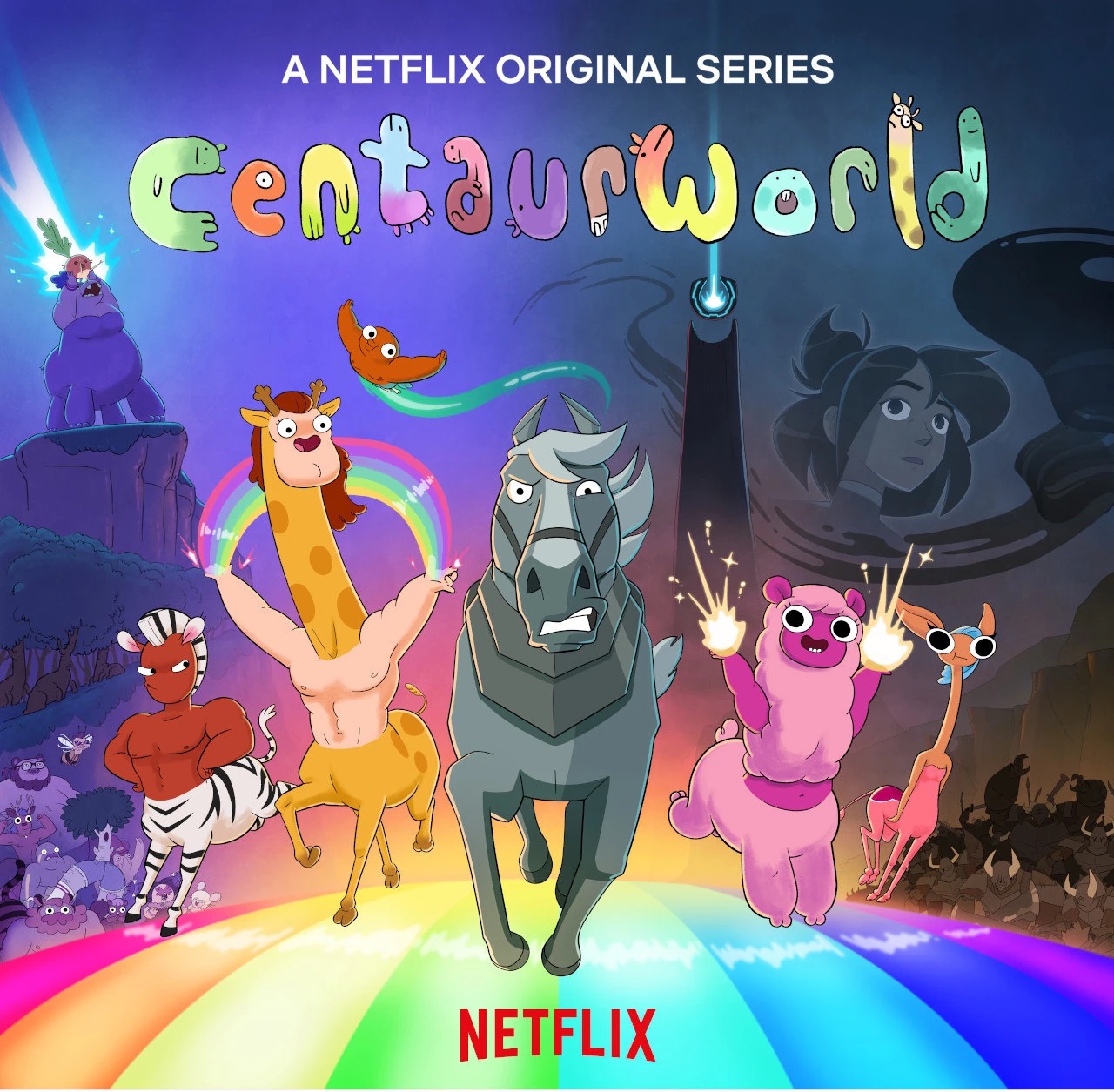
by Michele Kirichanskaya | Jun 4, 2025 | Blog
Named one of Variety’s “Top Ten Animators to Watch” in 2024, creator, showrunner, director and writer Echo Wu has quickly made a name for herself in the entertainment industry through the profound, engaging stories she has bought to life on screen. Echo’s passion for...

by Rebelle Summers | Apr 19, 2024 | Blog
Our current cultural landscape loves a reboot. One 90’s nostalgia fan favorite that’s been in and out of the headlines for the past few years is Darkwing Duck. The “terror that flaps in the night” has been perpetually making a comeback, whether it’s been talks since...

by Michele Kirichanskaya | Aug 18, 2023 | Blog
Hamish Steele (he/they) is a freelance animation director and illustrator who grew up surrounded by legends, myths, and folktales. Since graduating from Kingston University in 2013, Hamish has worked for the BBC, Cartoon Network, Disney, Nickelodeon, among others. He...

by Rebelle Summers | Apr 21, 2023 | Blog
Being alive is a trip. There is no beauty, horror, and ass-kicking quite like navigating a lifetime. I don’t have much else to compare that to because, as far as I know, I haven’t not been alive, but one thing that seems apparent to me is that we all get put through...





